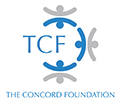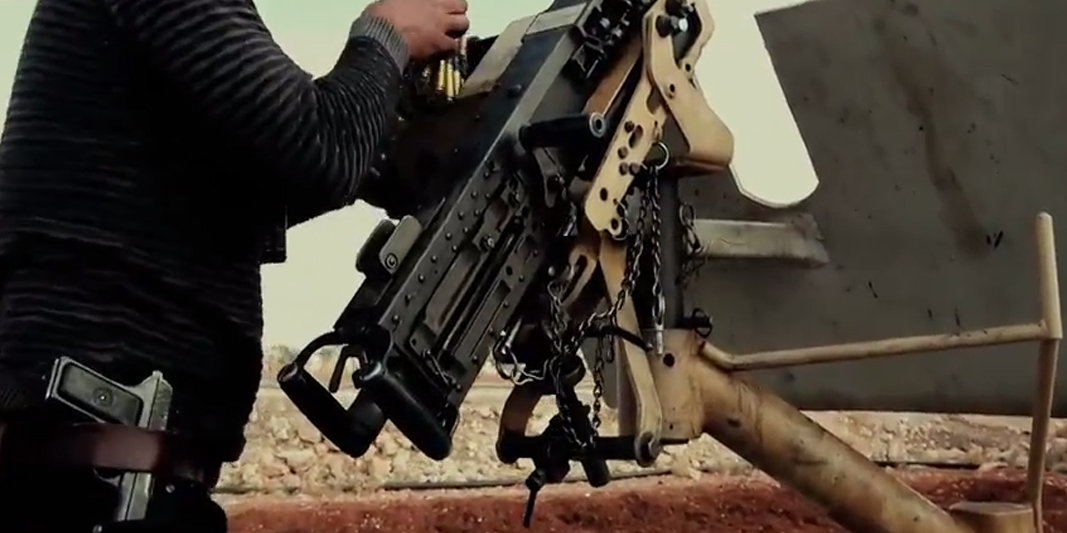Human Behaviour: The will to fight for and against IS
Online report: http://dx.doi.org/10.1038/s41562-017-0193-3
Fighters for groups in conflict with Islamic State (IS), and IS fighters themselves, are willing to fight and die due to a commitment to sacred values, a readiness to renounce kin for those values, and a belief in the spiritual strength of their own group compared with the enemy. The findings, reported in a paper published in Nature Human Behaviour this week, help us to understand what motivates individuals to join the battlefield.
When IS greatly expanded its control over swathes of Iraq in the summer of 2014, the terror group’s battlefield advances took many by surprise, suggesting a will to fight that was not initially shared by the Iraqi army. A proposed reason for IS’s will to fight is that their fighters act as ‘Devoted Actors’: they are willing to engage in costly sacrifices and extreme actions when motivated to protect non-negotiable sacred values (values that people refuse to trade off for material or monetary compensation).
Scott Atran, Angel Gomez, and colleagues now provide new evidence that the Devoted Actor framework can be used to understand the will to fight. They use a combination of field interviews with frontline fighters in northern Iraq from February to March 2015, including captured IS fighters; a quantitative field study conducted from February to March 2016 among 56 Kurdish Peshmerga forces, Iraqi Army Kurds and Arab Sunni militia fighting in opposition to IS; and a series of large-scale online studies with over 6,000 Spanish participants.
The authors identify a common association between the willingness to make costly sacrifices (such as their own lives or the wellbeing of kin), a commitment to sacred values and the perception that one’s own group is spiritually stronger than the enemy. Although the investigation suggests that commitments to abstract causes — such as ‘Kurdeity’, a sense of commitment to Kurdish language, heritage and land — informs the will to fight, the authors note that an equally important question for further research is why some groups are better able than others to inspire loyalty to abstract causes.
In an accompanying News & Views, John Horgan writes: “To say that studying frontline fighters is “challenging” (as the authors do) is an understatement. Yet, what makes this study all the more remarkable is its seamless interweaving of ethnographic, experimental and interview-based research both informed and challenged by a rich, interdisciplinary theoretical framework.”


